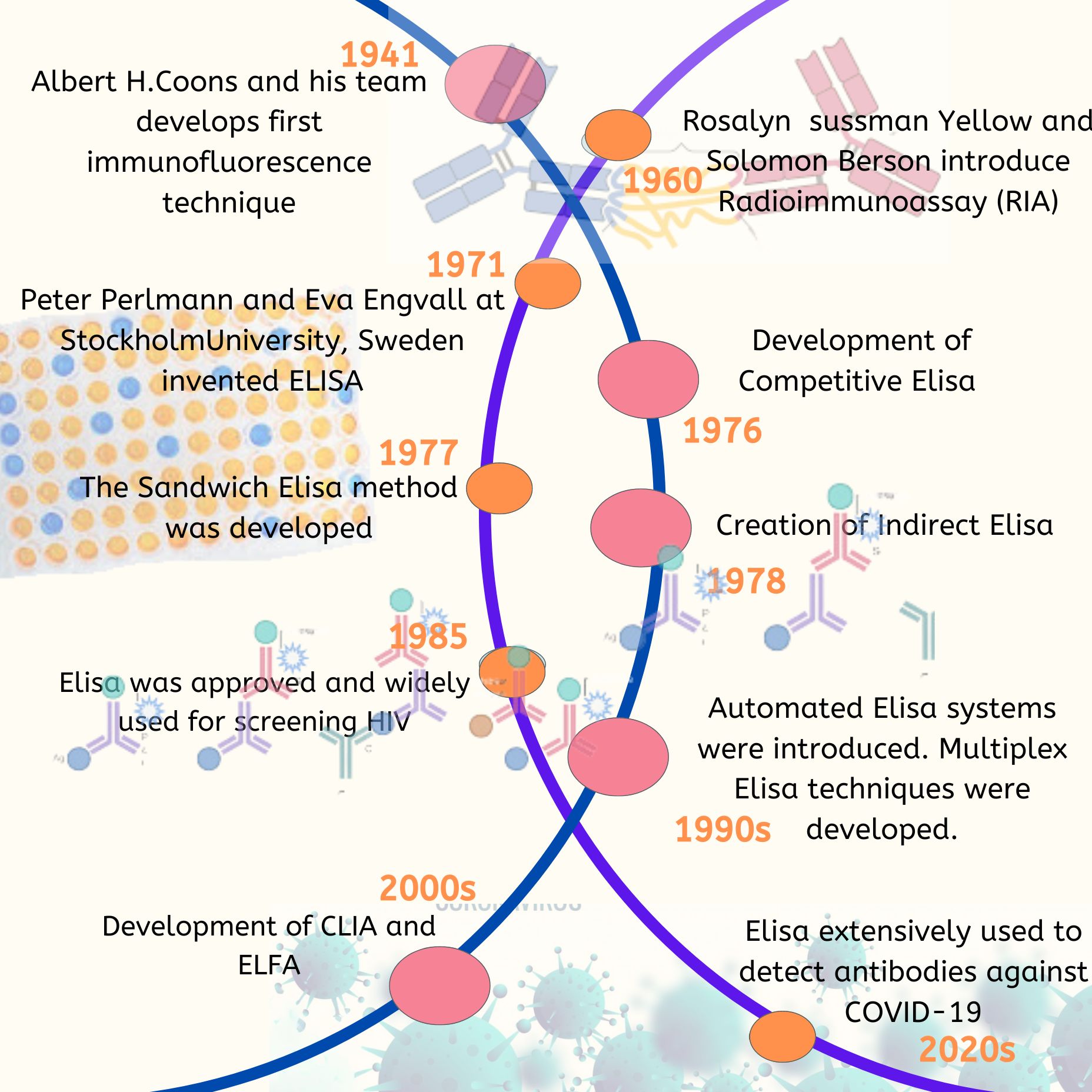This is a condition that develops as the result of insufficient amount of an antibody known as immunoglobin A that is important for the protection of the body from infections. The IgA is normally found in the intestinal secretions, mucous membranes and the saliva which acts as the defensive mechanism against infections. This deficiency is less harmful that the other types of immunoglobulin diseases as some of the people can recover on their own without the need for treatment. The deficiency of IgA also increases the risk of developing other disorders such as the systemic lupus erythematosus, chronic hepatitis, respiratory allergies and some types of cancer. However, most of these affected individuals live a healthy life and don’t suffer from infections.
Causes
This is an inherited condition meaning it’s passed down from the parents to their children, although the medication induced IgA deficiency has also been reported. The inheritance pattern varies and can either be autosomal recessive or autosomal dominant trait. As the autosomal dominant inheritance, one defective gene is passed to the child from one of the parents who in most of the cases also has the disease. The autosomal recessive trait is inherited when two copies of the defective gene are passed on from the parents.
Symptoms
Some of the common symptoms associated with the IgA deficiency include the frequent infections of the ears, sinuses, upper respiratory tract and the gastrointestinal tract. They are also susceptible to have mild to severe allergies. In addition, they can have diarrhea or abdominal cramps. The IgA deficiency can also cause other autoimmune diseases where the body’s immune system attacks itself. This includes diseases such as lupus and rheumatoid arthritis.
Diagnosis
When an individual is presented with the recurrent infections such as chronic diarrhea or allergies, they may then be suspected of this deficiency. The diagnosis is based on the identification of the low levels of IgA in the blood and the saliva but has normal levels of other types of immunoglobulin. The serum immunoglobulin concentrations are measured by the automated laser nephelometry or radioimmunoassay.
Treatment
There is no specific treatment available for the IgA deficiency although it is based on the health needs of the individual. Unlike the other types of immunoglobulin deficiencies, this cannot be treated with the immunoglobulin replacement therapy. Some of the cases can develop normal levels of IgA and hence don’t require any treatment. In the cases the treatment is required; this focuses on reducing the number of infections and its severity. The antibiotics are given for the bacterial infections and those suffering from pain or fever may require pain relievers. In some of the cases, the underlying disorders require being treated such as asthma and autoimmune diseases. These individuals may also benefit from various vaccinations that can protect them against flu viruses and pneumococcal pneumonia.
References
https://medlineplus.gov/ency/article/001476.htm
http://www.healthcommunities.com/blood-tests/iga-deficiency.shtml
http://www.immunedisease.com/about-pi/types-of-pi/selective-iga-deficiency.html



